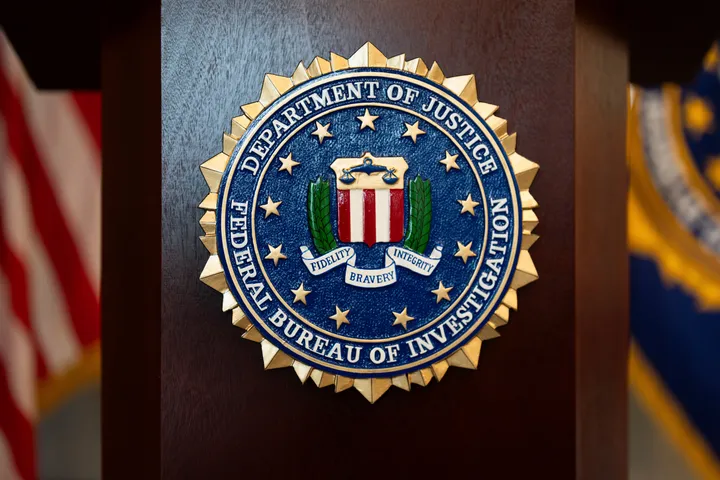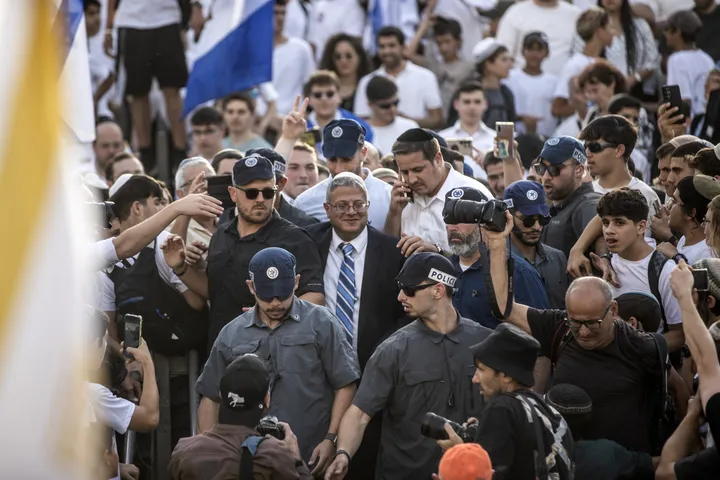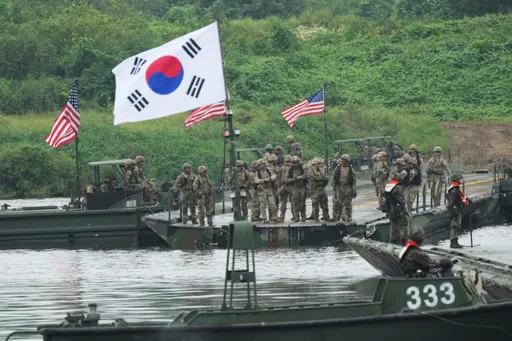Sri Lanka's president went back Wednesday on pledges to investigate war-time atrocities, saying he did not want to "re-open old wounds." The move has sparked a rift with the country's government.
Sri Lankan government troops were accused of killing at least 40,000 ethnic Tamil civilians in the final months of the island's 37-year guerrilla war that ended in May 2009.
President Maithripala Sirisena said he will formally ask the United Nations Human Rights Council to reconsider a 2015 resolution which called for credible investigations into alleged atrocities.
"It is a decade since we have established peace in this country," Sirisena told reporters at his official residence in Colombo.
"I want to tell them (the UN) not to pressure us."
"What I want to tell them is don't dig the past and re-open old wounds. Let us forget the past and ensure that we all live in peace."
Within hours of his remarks, Sirisena's cohabitation government sought to distance itself from his stance and said the administration of Prime Minister Ranil Wickremesinghe will remain engaged with the UN on war crimes.
Cohabitation is a system of divided government that occurs when the president is from a different political party than the majority of the members of parliament. In the case of Sri Lanka, President Sirisena is from the Sri Lanka Freedom Party, while Prime Minister Wickremesinghe is from the United National Party, the largest party in a governing coalition.
The foreign ministry, which is under the prime minister, said it will back a resolution at the UN Human Rights Council on March 20 seeking a further two-year extension for Sri Lanka to deliver on promises of accountability.
"A further extension of two years through a co-sponsored roll-over resolution accordingly needs to be viewed in this backdrop," the foreign ministry said in a statement.
'Worryingly slow'
Sirisena and his government have been at loggerheads since he sacked Prime Minister Ranil Wickremesinghe on October 26 and called a fresh election, sparking a major political crisis.
But the Supreme Court held that the president's action was illegal and restored the status quo.
Exactly two years ago, Sirisena bought two years from the UN rights body after a previous deadline ended without any progress in bringing war criminals to justice.
A UN Human Rights Council resolution in October 2015 granted Sri Lanka 18 months to establish a credible investigation. The two-year extension expires this month with no results.
Sirisena said he will send three of his senior party members to the UNHRC sessions in Geneva this month to plead on his behalf.
"I hope they (the UN) will respond positively," Sirisena said.
The Sri Lankan government is set to send its own delegation in addition to the team of Sirisena.
Despite previous pledges to the UN, Sirisena has not set up any investigation. Top UN diplomats had expressed concern over "worryingly slow" progress by Colombo.
Over 100,000 people were killed in Sri Lanka's 37-year-old Tamil separatist war.
Sirisena, a member of the majority Sinhalese community, received the support of the Tamil minority after promising accountability for excesses carried out by the largely Sinhalese military.
The UN has acknowledged that Colombo made some positive advances on constitutional and legal reforms, limited land restitution and symbolic gestures towards reconciliation.
But it has also cautioned that the measures taken under Sirisena were inadequate, lacked coordination and a sense of urgency.























